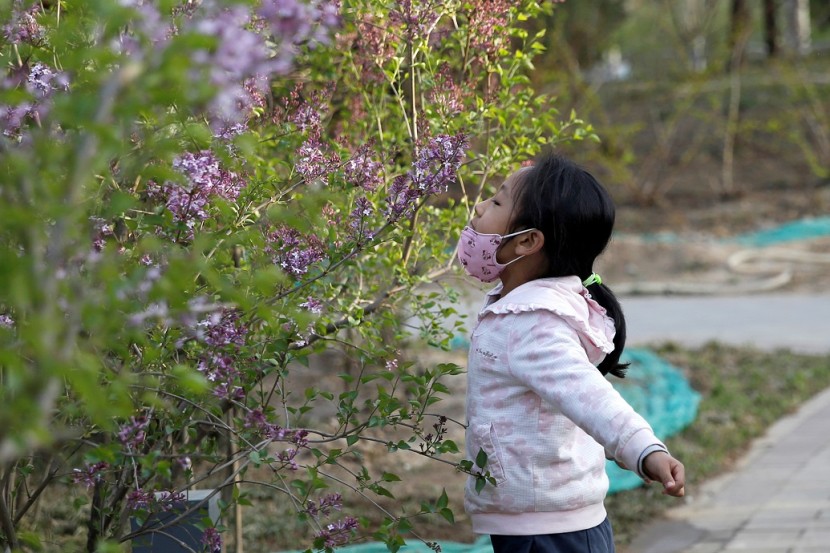
Loss of either smell or taste may be an early symptom of COVID-19, according to a new study. Anecdotal accounts of a loss of smell and taste linked with COVID-19 have been reported globally, but without formal studies, so scientists could not identify how common the symptom was among infected people or how long it could last.
Discussions have been made surrounding the potential that the coronavirus can be transmitted by people who are asymptomatic or those who exhibit no symptoms but are infected.
The two primary symptoms have been cited earlier as flu and dry cough. Now, health officials claim that loss of smell and taste could be lesser-known symptoms of the coronavirus.
An expert said it is unclear how long coronavirus patients who have lost their sense of smell can regain it.
Several infected people who lost their sense of smell weeks ago are still waiting for its return, but a specific time frame is unknown, according to Steven Munger, director of the University of Florida's Center for Smell and Taste.
Those who lose their sense of smell or taste are 10 times more susceptible to contract the coronavirus than any other infection.
The authors of the aforementioned study aim for their findings to result in screenings for the virus factoring in a person's ability to smell and taste.
Smell and taste loss have not been indicated as an official symptom to be aware of. In this rapidly developing situation, this might change.
After cases were reported of suspected people infected with the coronavirus were experiencing smell and taste loss, researchers at King's College London analyzed responses on a COVID-19 symptom-reporting app.
The research team evaluated self-reported symptoms from 400,000 users of the COVID Symptom Tracker app. This app lets people report daily on their symptoms.
Meanwhile, earlier this April, preliminary findings in a preprint circulated because they suggested that symptoms of the coronavirus should include the smell and taste loss.
In a study published in the journal "International Forum of Allergy & Rhinology" on April 12, researchers at UC San Diego Health reported the first empirical findings that linked sensory loss with the respiratory illness.
"The most common first sign of a COVID-19 infection remains fever, but fatigue and loss of smell and taste follow as other very common initial symptoms," clarified otolaryngologist and head and neck surgeon Carol Yan from the University of California San Diego.
Yan and her colleagues surveyed 1,480 patients with flu-like symptoms were subjected to testing at UC San Diego Health from March 3 to March 29, 2020. Among them, 102 patients tested positive for the coronavirus and 1,378 tested negative.
The findings showed that of the COVID-19-positive patients, 68 percent reported smell loss and 71 percent reported taste loss, compared to 16 percent and 17 percent of patients who had tested negative.
Several of those who reported a loss of smell and taste noted that the loss was profound and not mild.
The good news is that both senses will be regained within 2 to 4 weeks.








